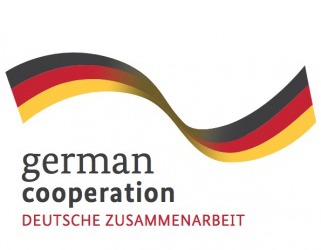Community / Land projects / Biosev Project
Biosev Project

€40167095.12
02/15 - 02/15
Voltooid
This project is part of
Implementing Organisations
Donors
Data Providers
General
Biosev S.A. (Biosev or the Company), the worlds second largest sugarcane processor, is undertaking an investment program consisting of agricultural capital expenditures aiming at increasing volume of sugarcane produced and investments in debottlenecking projects to increase crushing capacity and efficiency (the Project). The Project will increase the Companys volume of crushed cane, resulting in higher production of sugar, ethanol and co-generation. To support the investment program, Biosev requested IFC to invest through a private equity issuance. The remainder of the funds to finance the Project will come from the Companys internal cash generation.
Objectives
The proposed investment will be supporting a leading player to optimize its sugarcane, sugar, ethanol and energy production. The Project is expected to have the following key developmental impacts in the local economy: i. Impact on frontier regions: By supporting the Company''s growth plan in frontier regions, the Project will foster economic development by increasing agricultural production and ensuring the maintenance of around 60,000 direct and indirect jobs in areas which are highly dependent on the agricultural sector for income generation. ii. Third party cane growers and land owners: because Biosev leases a significant amount of land from which its sugarcane is planted, its operations are a source of revenue and access to market for the owners and producers of about 538,000 ha of land from which sugarcane is sourced. About 37 percent of Biosev''s sugarcane is procured from 1,300 independent sugarcane farmers, the remainder is produced on approximately 340,000 ha of land leased from local land owners. iii. Energy security from a renewable source: Biosev will increase the production of electricity generation from biomass which reduces GHG emissions. The electricity supply in Brazil is largely based on hydropower which, although positive from a climate change perspective, requires alternative complementary energy generation sources due to its seasonality. Sugarcane bagasse is available for co-generation when the hydro dams are at their lowest levels during the year and is a renewable energy complement for ensuring energy security in Brazil. Ethanol produced from sugarcane is currently the most competitive renewable fuel, and is largely used in Brazil as a gasoline substitute. iv. E&S best practices: IFC''s environmental and social action plan requires the Company''s mills to implement best-in-class practices. Key upgrades will be implemented in occupational health and safety (OHS) practices and community engagement. In the middle term, Biosev committed to be managed consistently with Bonsucro practices (although actual certification is not a requirement), which are the industry gold standards for the sugar and ethanol industry. These standards entail sustainable land management, labor practices, biodiversity, pollution prevention and community engagement.


